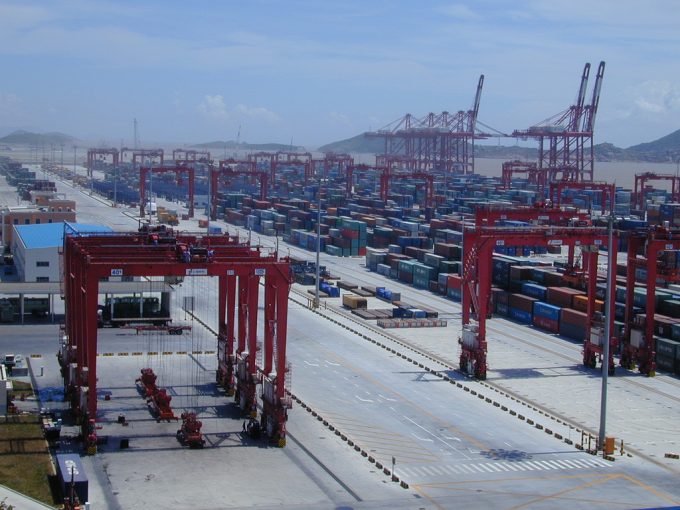HMM part of consortium to operate Incheon’s first automated terminal
HMM is part of a consortium that has been chosen to operate a new container ...

Shanghai authorities have suspended the land transport of containerised non-essential dangerous goods after two recent fires in the port.
The suspension will be in force until 2 July, and follows the most recent fire on 17 June, giving officials time to develop measures to improve the ...


Comment on this article